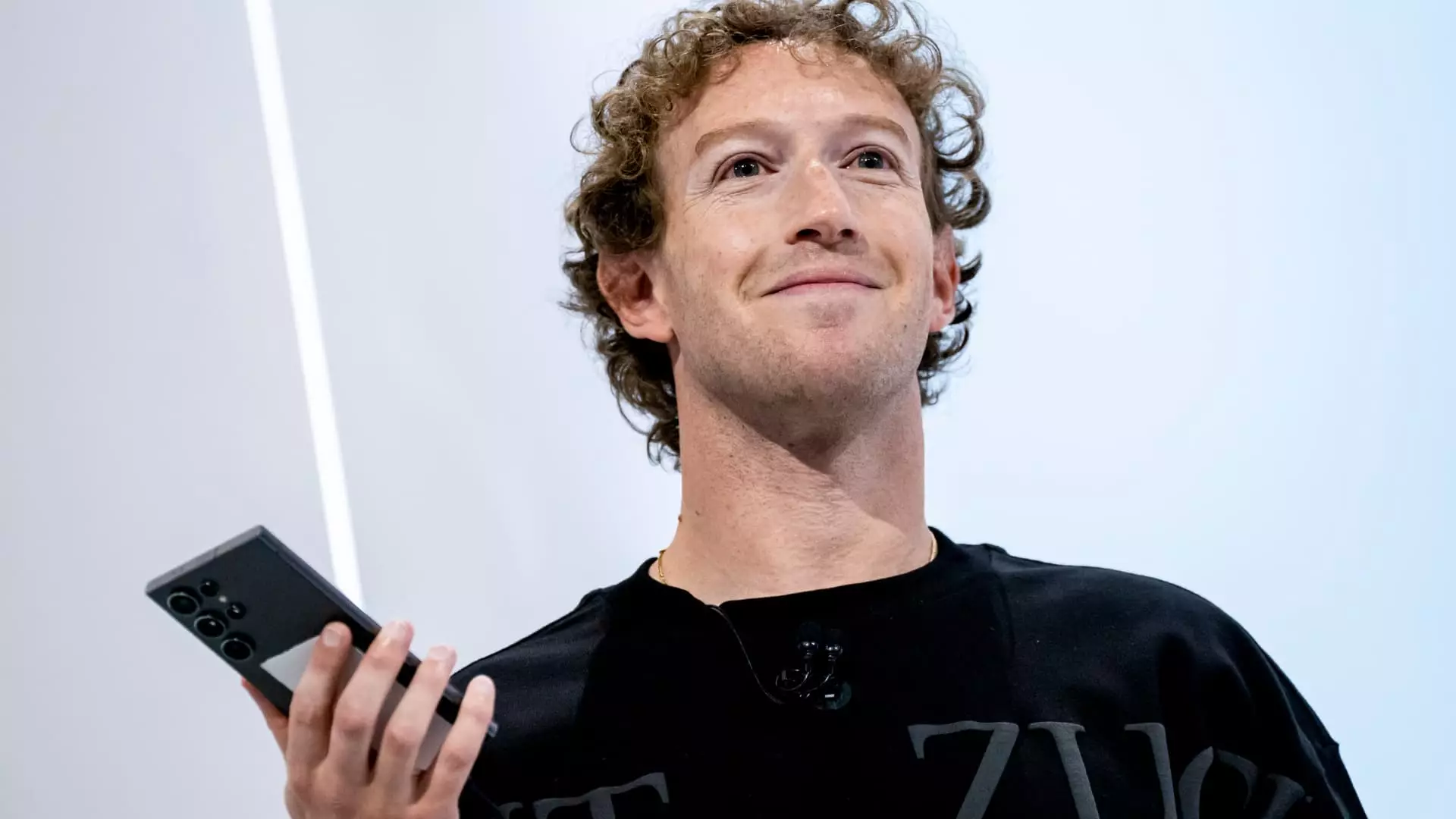In a recent podcast appearance, Meta CEO Mark Zuckerberg addressed the challenges his company faced during the Biden administration regarding the content moderation of COVID-19 vaccine discussions. The remarks he shared with Joe Rogan have prompted a renewed discourse on the intersection of social media, governmental influence, and public trust in vaccination protocols. This conversation delves deeper into those complexities and the implications of Zuckerberg’s admission.
Zuckerberg’s acknowledgment that the Biden administration pressured Meta to remove content discussing potential side effects of COVID-19 vaccines uncovers a myriad of ethical dilemmas facing big tech firms. The crux of the issue revolves around the notion of censorship in the name of public health. Proponents argue that it is crucial to disseminate correct information to control misinformation and vaccine hesitancy. However, this approach raises alarm bells regarding the balancing act between protecting public health and maintaining open discourse.
The former president’s actions—exemplified by Meta’s rental of its fact-checking procedures to community notes—suggest a shift away from reliance on third-party validations. By embracing a more participatory model, Meta appears to seek a balance, inviting users to engage directly with the truthfulness of information. While this approach may democratize information, it also places the platform at risk of becoming a breeding ground for misinformation, ultimately questioning the veracity of community-driven commentary.
During the extended conversation with Rogan, Zuckerberg emphasized the realities of the administration’s pressure on excluding factual statements concerning the vaccines’ side effects. By stating that some legitimate claims were deemed harmful and thus removed, he illustrated a significant tension between government recommendations and authentic dialogue. The prevalent narrative must remain favorable to the vaccine, even if that means sacrificing the openness that platforms like Facebook initially promised.
This leads to the critical question: who defines “truth”? With both Zuckerberg and President Biden expressing their viewpoints, the question of authority in truth-telling becomes prominent. Biden openly criticized Meta’s decision to shift from rigorous fact-checking to a community-based evaluation system, asserting that such a strategy is damaging when dealing with information that holds the potential to affect public health. As the lines blur between freedom of expression and public safety, one has to ask if society is prepared to witness a compromise of either principle in the pursuit of the other.
Zuckerberg’s commentary is underscored by a broader context of vaccine hesitancy, which has become a formidable public health challenge. While the administration’s push to promote vaccines hinges on epidemiological evidence and preventative health, the removal of content discussing potential side effects can lead to an erosion of trust among the populace. Such actions can cultivate skepticism, especially within communities already wary of governmental and corporate influence. By not allowing conversations about side effects, the narrative may unintentionally suggest that adverse reactions simply do not exist, further alienating those already hesitant about vaccines.
Moreover, the sense of accountability among tech companies must be scrutinized. The admission that Meta faced immense external pressure leaves room for speculation about the extent of its autonomy. If technology companies are perceived as extensions of governmental agendas, public confidence in their ability to moderate information naturally erodes. Zuckerberg himself noted that he regretted some decisions regarding censorship, hinting at the internal conflict between promoting public health and upholding the principles of free speech.
As social media platforms reshape their strategies in response to criticism and governmental influence, the public remains in a precarious position. Zuckerberg’s revelations about Meta’s interactions with the Biden administration punctuate the complexities of navigating free expression in an age where misinformation poses genuine risks. The overarching goal should be the preservation of open dialogue, particularly around matters as critical as public health.
Moving forward, the focus must be on developing frameworks that allow for honest discussions about vaccine safety while ensuring that misleading information is effectively challenged without stifling legitimate critiques. As technology matures, so too must the approaches that govern the conversation around it—balancing the twin pillars of transparency and public welfare. The path ahead requires a multifaceted approach, recognizing the essential role of free speech while prioritizing the health and safety of the broader community.

